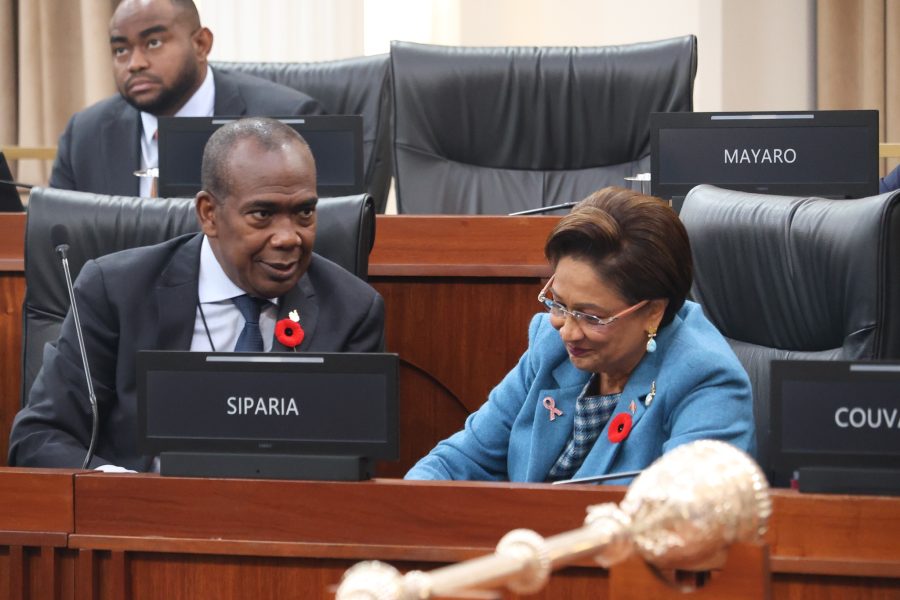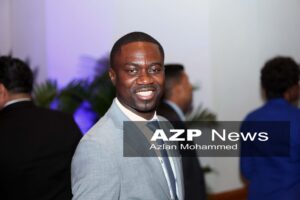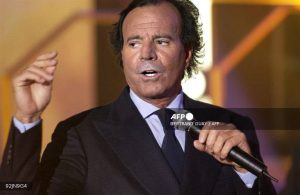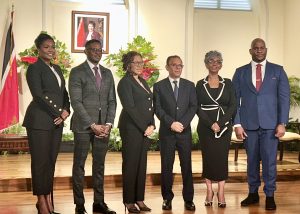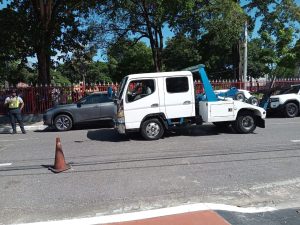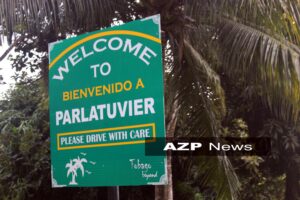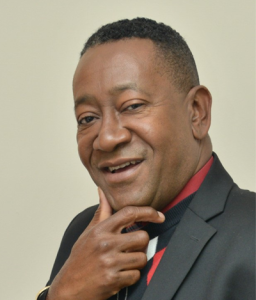Caption: Prime Minister Kamla Persad-Bissessar and John Jeremie in the Lower House. Photo: T&T Parliament
THE Trinidad and Tobago government Friday night used its overwhelming majority in the Parliament to get a three month extension of the existing state of emergency (SoE) even as the Defence Minister Wayne Sturge used an invocation of the public interest to confirm or deny whether or not members of the army had been put on high alert.
The government needed a simple majority to pass the motion and when the vote was taken, 27 government legislators voted in favour with 12 opposition members voting against. There were no abstentions and two legislators were not present when the vote was taken.
“Mr Speaker, in keeping with the tenets of 27 (g), I respectfully beg to decline to giving an answer,” Sturge said in response to a question asked by Opposition Chief Whip Marvin Gonzales.
According to Standing Order 27 (g), a minister may decline to answer a question if, in his opinion, the publication of the answer would be contrary to the public interest.
Media reports Friday said that detachments of the Trinidad and Tobago Defence Force (TTDF) had been put on a heightened alert amid international media reports of an imminent land strike by United States military against Venezuelan targets.
“News of the immediate call out of all active soldiers, sailors, air guard officers to report to their encampments has triggered a new wave of anxiety and an avalanche of rumours,” according to the local media reports adding that an internal message calls on all military personnel to report to their respective bases by 6 pm on October 31.
Officers who are on pre-retirement leave or sick leave were also instructed to confine themselves to their homes and remain on standby. Other officers on vacation leave were also instructed to be on standby and await further instructions.
“All are strongly advised to make all necessary arrangements with your families, make all personal arrangements in preparation for confinement,” according to the internal message, making it clear “this is not a drill” and that “all members are to acknowledge, be guided accordingly.”
But Attorney General, John Jeremie, in tabling the motion for the three month extension of the July 18 SoE said it is necessary given the success it had already achieved, even as he maintained that the SoE is not a “crime plan” by the Kamla Persad-Bissessar administration.
He recalled that it was the Police Commissioner, Allister Guevarro, who had requested the SoE because the police had received intelligence reports whereby organized criminal gangs with persons inside of the prisons and persons operating on the outside of the prisons have formed themselves into an organized crime syndicate.
On the eve of the debate, Guevarro explained his rationale for recommending a further extension, while insisting that the final decision rested with Parliament.
“The decision to extend the state of emergency falls squarely within the remit of Parliament,” Guevarro said adding that neither he nor the Trinidad and Tobago Police Service (TTPS) would have any say over the duration of the extension if it was approved.
“It is not within the authority of the CoP or the TTPS to determine its duration. What I can confirm is that I submitted a classified report to the National Security Council, which includes operational assessments and recommendations.
“The contents of that report are not for public disclosure, given the sensitivity of the material. Any decision beyond that, particularly regarding the length of the extension, is a matter for parliamentary debate and resolution.”
Jeremie told Parliament, “It is clear that the state of emergency has been effective in neutralising the initial threat which prompted its declaration in the first place.
“Equally, it is clear that it has generated substantial additional gains in the interest of national security and securing the population, both of which are stated priorities of this government having been identified as such in the government’s manifesto…”
Jeremie said that the police and the Ministry of Homeland Security have advised that several ‘critical operations are in train now and that these enhanced powers under the SoE are necessary for the completion and consolidation of their efforts towards dismantling the gangs, the criminal networks and keeping the country safe”
But former minister in the Ministry of National Security in the last administration Keith Scotland, said that the government cannot be trusted and that while they have insisted that the SoE is not a crime plan, the measures being outlined for the extension are in fact normal policing.
Scotland, a criminal lawyer, said “that is normal policing and do you require a state of emergency to dismantle gangs, do you require a state of emergency to dismantle criminal networks, then it seems as we are heading into a perpetual state of emergency.
“This is a serious matter that affects the fundamental rights and freedom of every citizen of Trinidad and Tobago,” he said, adding “we cannot and must not allow government to continue exercising extraordinary powers without clear, convincing, cogent lawful justification.
“In all the rhetoric that was mouthed by the Attorney General where was one specific data relative to justification. Where was one specific data, one iota of evidence to show that this continued threat is real”.
Scotland said there was “none, but what we had catch phrases and we had certain things such as an imminent threat, an urgent requirement.
“How then are we to weigh up and assess those nebulous words in order to lend support to this request for an extension. We can’t,” Scotland said recalling that when the government first sought the SoE, it was claimed that there were plans to assassinate several leading members of the government, the judiciary as well as attacks on buildings.
He said three days after the SoE “it was admitted that those threats were abated …so there is no longer a need for a state of emergency vis-a-vis those threats.
“So what then is the continuing justification, if not a substitution for a crime plan, ”he said, adding hat he had hoped that the government would be bringing some form evidence to the population in seeking the extension.
“Months have passed since this dramatic declaration and revelation by the Attorney General and we now ask the question and here is where empirical data comes in. How many persons under that last state of emergency have been charged with conspiracy to blow up public buildings and public infrastructure? How many persons have been charged with conspiracy to injure, do grievous bodily harm, murder government officials, members of the judiciary?
“And he answer is none or certainly no such data has been presented to this Parliament. How many persons have been charged with conspiracy or the attempt on the lives of members of law enforcement? There is where the rubber hits the road because there is simply a lack of any empirical evidence whatsoever that justifies even in the first place…the calling of that state of emergency and fare less now the continuation of this state of emergency,” Scotland said.
He said the people of Trinidad and Tobago deserves to know the reasons behind the extension and criticised the decision by the Defence Minister not to provide the answer when asked to do so. (CMC)
![]()


